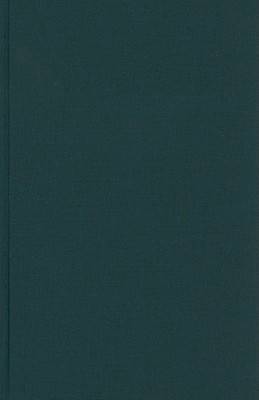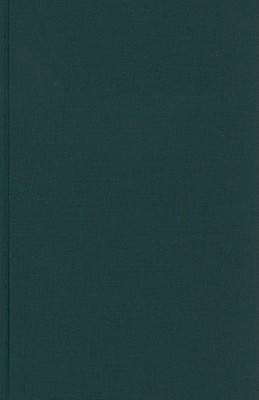
- Retrait gratuit dans votre magasin Club
- 7.000.000 titres dans notre catalogue
- Payer en toute sécurité
- Toujours un magasin près de chez vous
- Retrait gratuit dans votre magasin Club
- 7.000.0000 titres dans notre catalogue
- Payer en toute sécurité
- Toujours un magasin près de chez vous
Description
Winner, 2011 Alpha Sigma Nu Book Award in Literature and Fine Arts
The Neural Sublime brings recent work in cognitive neuroscience to bear on some famously vexed issues in British Romantic studies. In exciting and unprecedented ways, Alan Richardson demonstrates how developments in the neurosciences can transform the study of literary history.
Richardson presents six exemplary studies, each exploring a different intersection of Romanticism and the sciences of the mind and brain: the experience of the sublime and the neuroscience of illusion; the Romantic imagination and visual imaging; the figure of apostrophe and linguistic theory; fictional representations of the mind and "theory of mind" theory; depictions of sibling incest and neo-Darwinian theories of mental behavior; and representations of female speech and cognitive developmental psychology.
Richardson's insightful analysis opens fresh perspectives on British Romanticism, pointing scholars to new developments in cognitive literary studies. He combines elements of new historicist analysis with original--and much-needed--models for understanding language, subjectivity, and social behavior. Far from signaling a departure from the prevalent critical approaches of new historicism, Richardson argues, cognitive theory presents an essential complement to them.
The Neural Sublime features an array of cognitive and neuroscientific approaches, providing an engaging and readable introduction to the emergent field of cognitive literary studies.
Spécifications
Parties prenantes
- Auteur(s) :
- Editeur:
Contenu
- Nombre de pages :
- 200
- Langue:
- Anglais
Caractéristiques
- EAN:
- 9780801894527
- Date de parution :
- 03-06-10
- Format:
- Livre relié
- Format numérique:
- Ongenaaid / garenloos gebonden
- Dimensions :
- 152 mm x 231 mm
- Poids :
- 385 g







